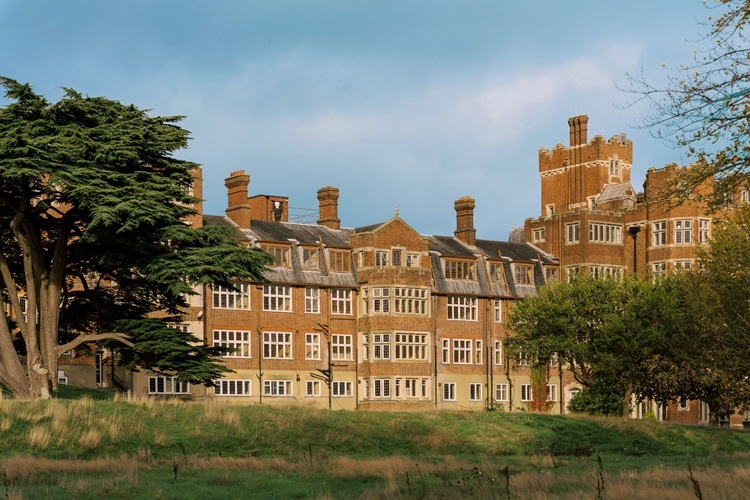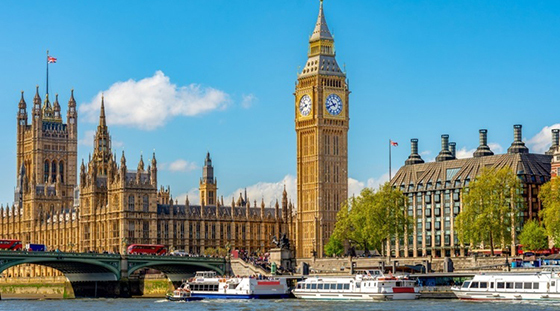Government advised to lower National Living Wage threshold to 18
The Low Pay Commission (LPC) has recommended gradually lowering the age of eligibility for the National Living Wage from 21 to 18.
In a report on the future of the National Minimum Wage, the LPC urged the government to “reduce the gap between the youth rates and the adult rate where the evidence allows”, as the existing disparity is considered “excessive and unfair by many stakeholders”.
Currently, the National Minimum Wage is divided into an apprentice rate, a 16 to 17-year-old rate, an 18 to 20-year-old rate and the National Living Wage for those aged 21 and over.
The National Living Wage was introduced in 2016 and is set to reach the long-standing target of two-thirds of median hourly earnings once it increases by 9.8% to £11.44 an hour in April.
Although the 18 to 20-year-old rate is set to receive a larger percentage increase of 14.8%, the overall figure still lags behind those of older workers, which suggested there is “headroom to increase the youth rates without harming employment”.
The LPC said it has “always recognised that age-based rates are not necessarily fair”, adding the current model might “affect the morale of young people and their willingness to enter the labour force”.
However, the Commission also acknowledged the widening of the National Living Wage bracket could disproportionately affect certain industries. UKHospitality figures found that almost two thirds (60%) of hospitality businesses surveyed make use of the youth rates.
UKHospitality told the LPC: “We support the continuation of youth rates – 16-17 and 18-20. The existing differential to the NLW should be maintained.
“There clearly is a level for the NLW which would be damaging for employment, and we would favour a careful and cautionary approach after 2024. Having attained the two-thirds level, we would support a policy of the NLW being increased each year by the increase in average earnings.”
It added: “The Low Pay Commission should be given the broader remit (as in the years before the introduction of the NLW) for being ambitious with minimum wage rates without damaging employment levels.”
The LPC advised the government to consider reducing the age threshold “step by step” so that the impact of the move could be measured for each age cohort.
“Because of the risks in both reducing the gap between the youth and adult rates and lowering the NLW age of eligibility these changes should be managed carefully, with time allowed for full evaluation,” it added.
The LPC stressed: “The minimum wage does not exist in a vacuum. If government has clear policy aims in mind it should think how the NMW, along with other policies, can contribute.
“For example, ensuring the aims of minimum wages and in-work financial support are complementary. Similarly, if the Government is concerned about the possible negative effects of minimum wages it can consider other policy changes to mitigate these.”
The LPC is the independent body responsible for advising the government on the levels of the National Minimum Wage rates.
Image: Shutterstock




















